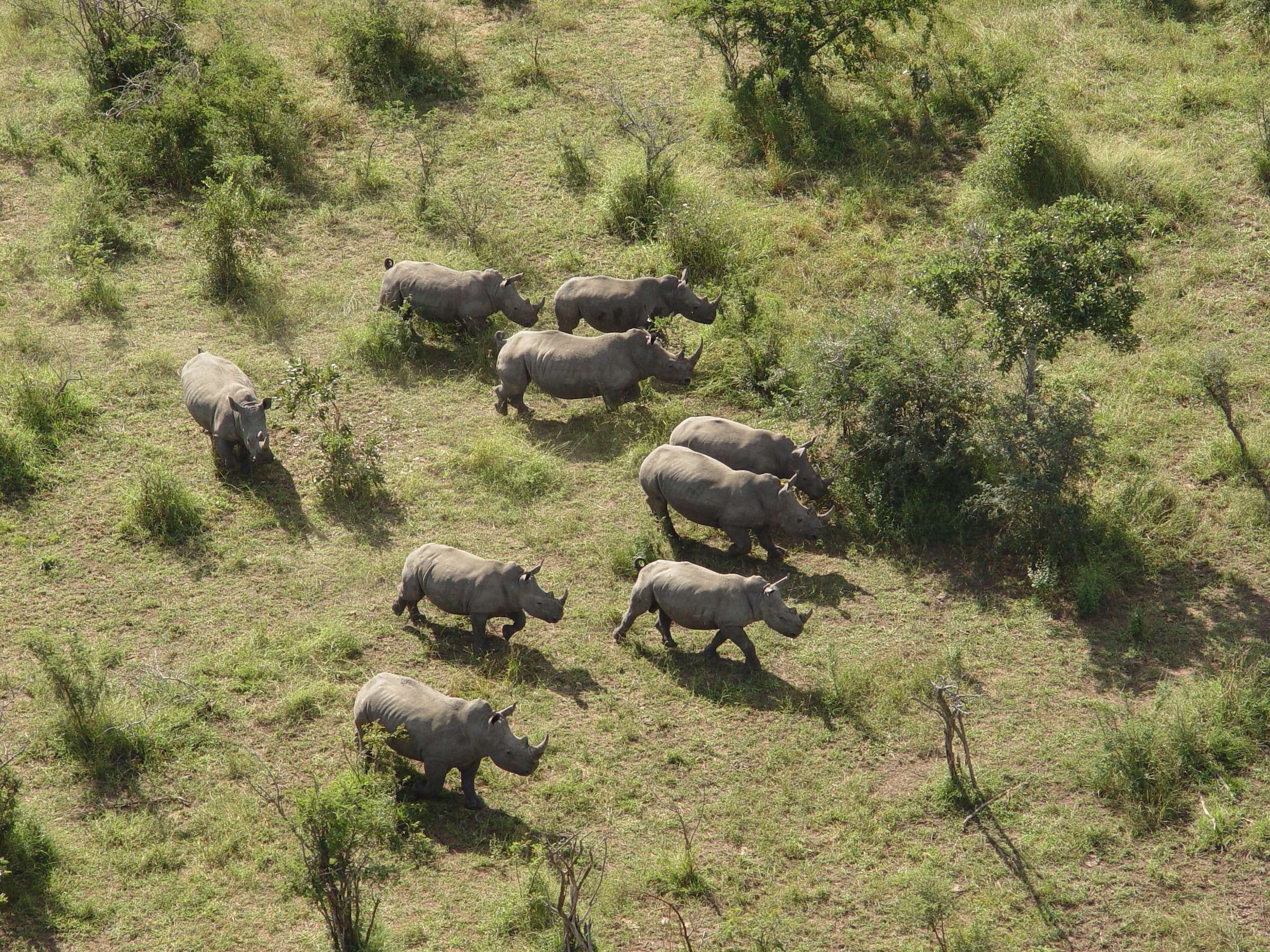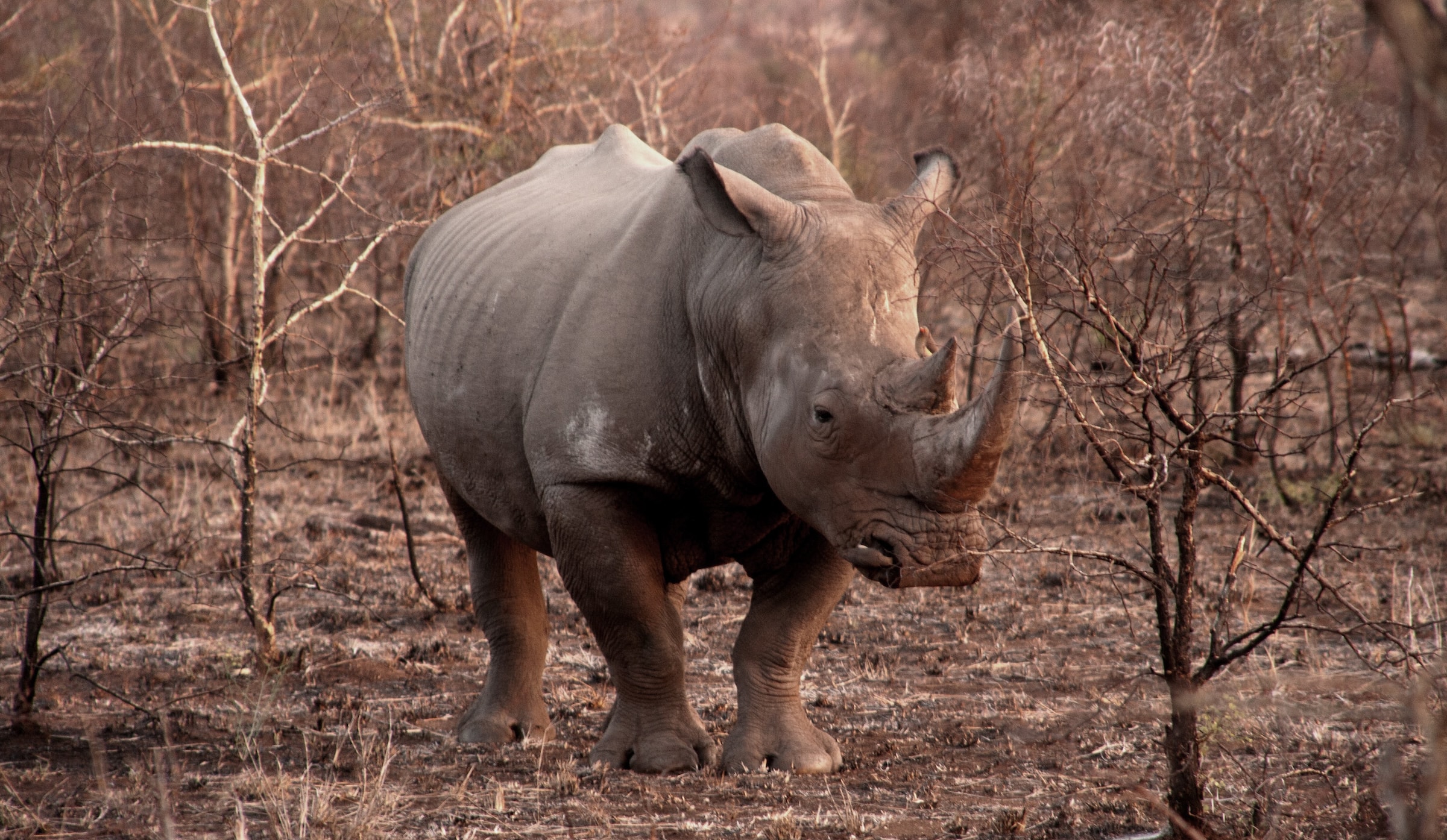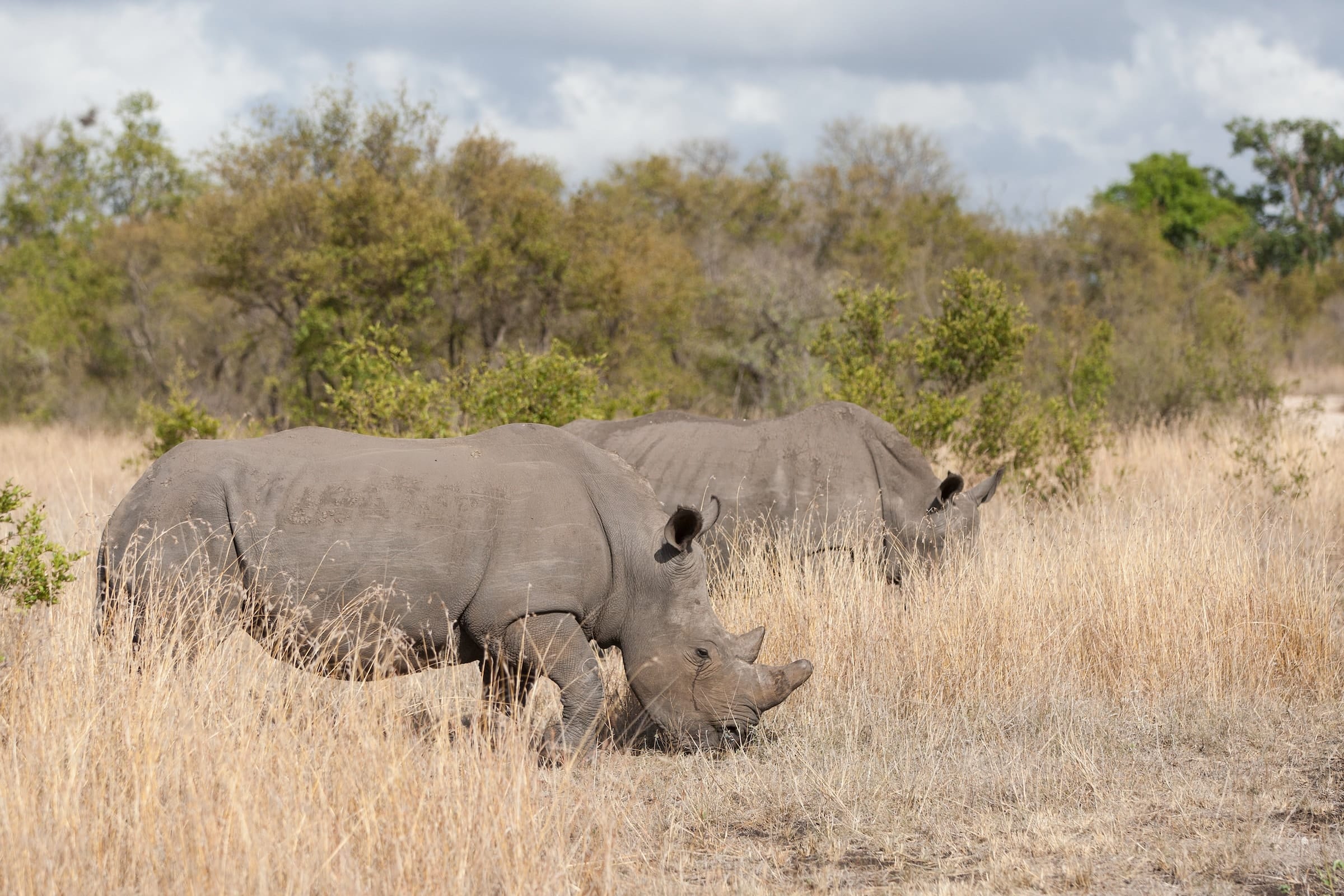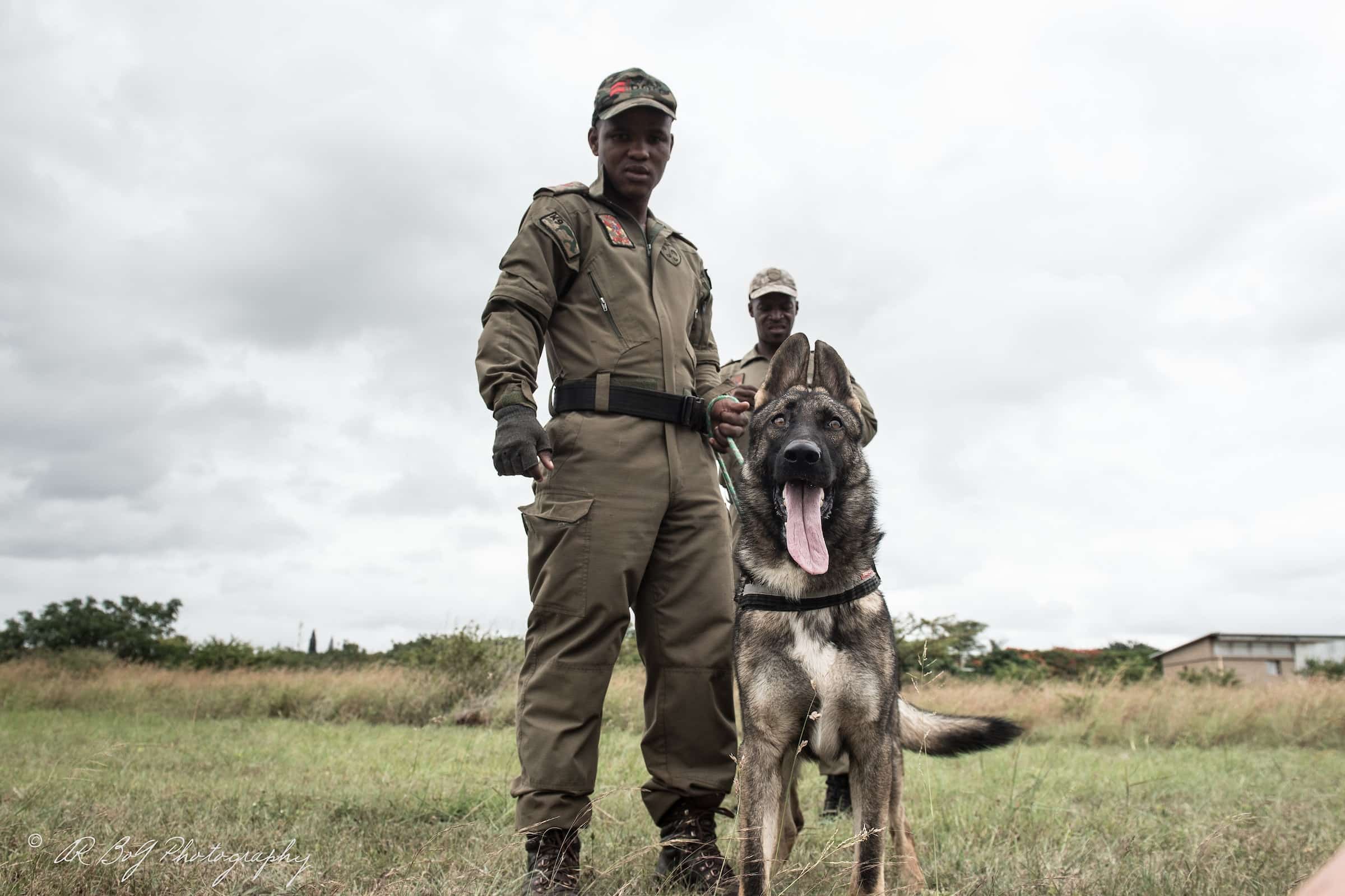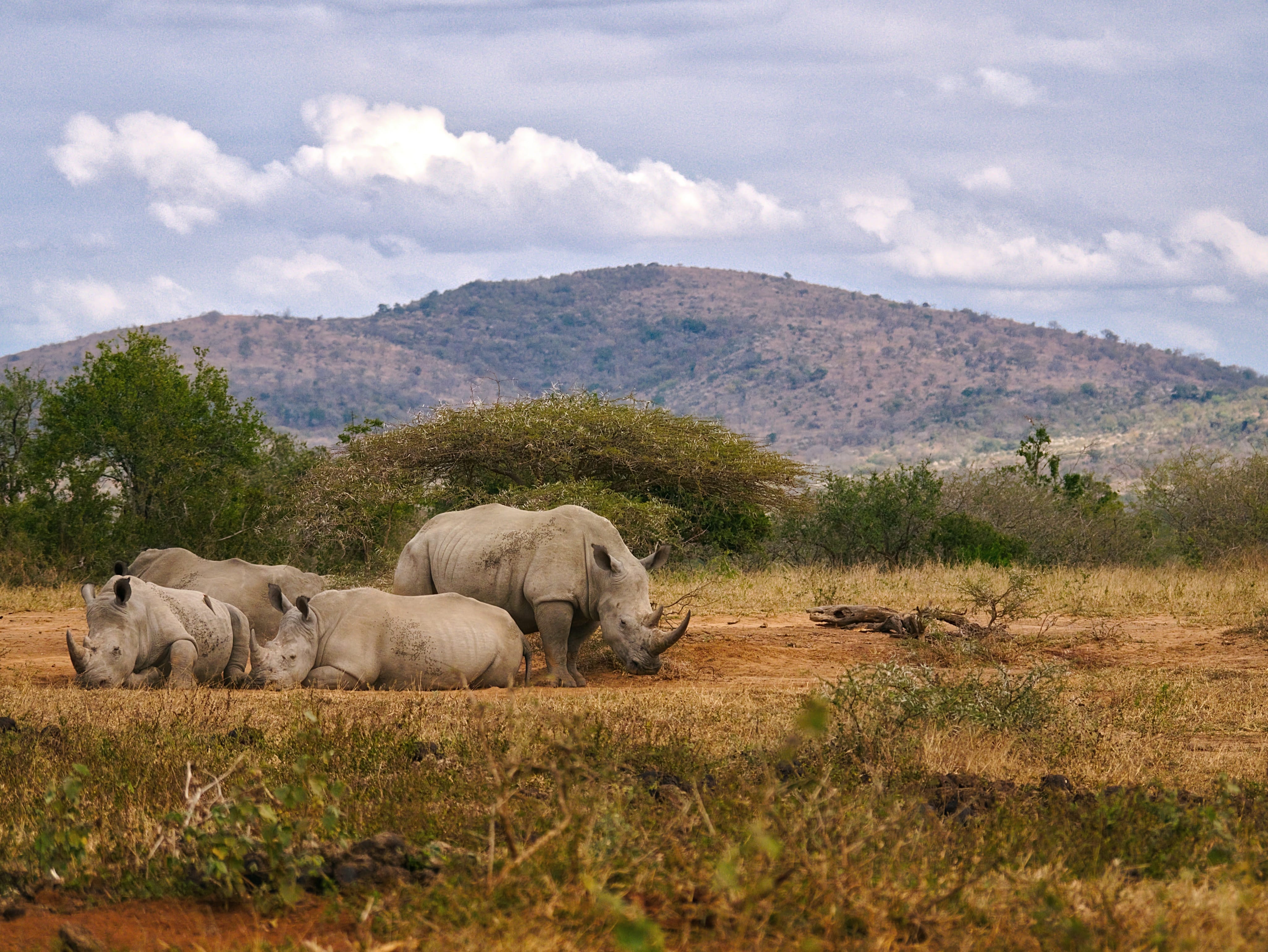While rhino poaching has decreased in parts of Africa, it continues to be a rising threat in South Africa. Recently, the South African government confirmed that 451 rhinos were illegally killed in 2021, a 14% increase from 2020’s 394 rhinos. This is lower than 2019’s poaching number—594 rhinos—but still illustrates a negative trend of rhinos lost to wildlife criminals.


